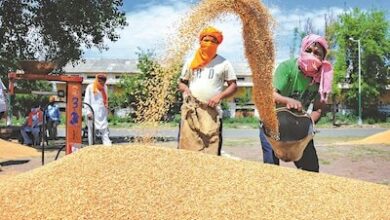Uber’s India based tech team helps cut down app localisation time, costs | Company News
)
The Uber app is now available in 63 languages globally, including eight in India.
Uber’s Bengaluru-based global scaled solutions (GSS) tech team has enabled faster launching of operations in new cities across the globe by reducing the time and cost needed to localise the app into regional languages to a fourth of what it previously required. This is supported by leading machine learning and artificial intelligence (AI) technology, adding efficiency that has allowed Uber to localise the app in many more languages and markets.
Localisation of the Uber app into regional languages enables drivers, riders, and platform users to easily understand and navigate Uber content on mobile, web, or any other medium. The GSS teams working on localisation are based out of Uber’s tech centres in Bengaluru and the United States.
“Our mission for localisation is to make our products feel local to everyone, everywhere, and we are constantly innovating,” said Megha Yethadka, senior director, program management, and head of GSS, Uber. “This helps customise the app in local and regional languages, enabling earners and customers in new markets to navigate it with ease, often within just a few hours.”
Previously, the localisation process involved hiring bilingual agents and inputting days’ worth of data into systems to translate the Uber app into local languages. Now, a combination of generative AI and monolingual agents expands Uber’s language processing automation. Around 85 per cent of the localisation process is now touchless, requiring no human intervention, with the aim to reach 90 per cent touchless localisation by December.
The team is building its own customised large language models, reducing the error margin to nearly zero, with human intervention required only in very exceptional circumstances.
The Uber app is now available in 63 languages globally, including eight in India.
One example of this was in Ukraine and Poland, where the team quickly stepped in to translate key communications and offer help and safety to Ukrainians within 24 hours, as Uber provided free rides from border areas between the two countries.
The team also enabled the translation of the app into Punjabi in the United States and Canada within days, helping truck drivers on Uber Freight, many of whom are from Punjab.
A large part of Uber’s globalisation team is based in India. India hosts the second-largest concentration of localisation and globalisation employees outside the United States. This team manages the creation of style guides for 60 languages, oversees localisation testing, and drives the expansion of Uber’s language processing automation.
First Published: Oct 09 2024 | 1:09 PM IST




